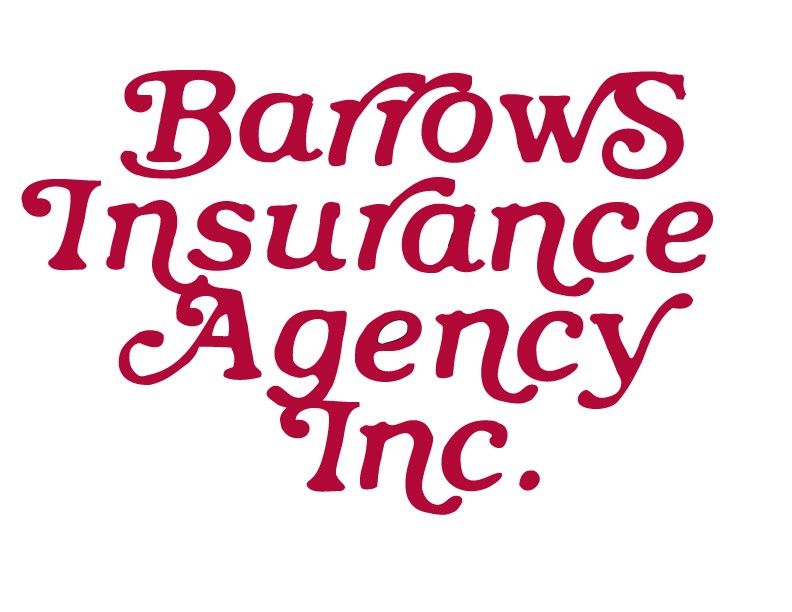"Be Thankful for Insurance: Says No One Ever..."
"Be Thankful for Insurance: Says No One Ever..."
In a world where we’re all just trying to survive the daily grind, it’s hard to imagine anyone jumping for joy about insurance. Yet, here we are, about to explore why we should be thankful for this necessary evil. Because who doesn’t love paying for the possibility of something going wrong?
1. Financial Safety
Insurance is like that friend who shows up just when you’re about to go broke after an accident or unexpected health issue. Ever had a moment where insurance came to your rescue? It’s almost as if they want us to believe we’re safe…until the bill arrives.
2. Peace of Mind
With insurance, we can relax knowing we’re “protected”—which is great until you realize that “protection” comes with a hefty premium. How does having that coverage change your daily life? Do you sleep better knowing you’re only a phone call away from a claims adjuster?
3. Family Protection
Life insurance is the ultimate gift to your loved ones: a financial cushion when you’re gone. Because nothing says “I love you” quite like a policy that makes sure your family can pay off the mortgage... and not just mourn your loss in a state of financial panic.
4. Business Security
For business owners, insurance is like a safety net, but one that you pay for every month. It protects against risks, allowing you to operate without constant panic—unless you consider your premiums, of course. How crucial is it for your planning? I’m sure it’s a delightful part of your budget!
5. Encourages Responsibility
Having insurance can actually promote responsible behavior, like not treating your car like a bumper car. How has insurance influenced your choices? Maybe you’ve stopped driving like you’re in a Fast & Furious movie. Small victories!
So, let’s raise a glass to insurance. It provides financial protection and peace of mind, allowing us to focus on living life to the fullest—or at least avoiding financial disaster.
What are you thankful for in your insurance experience? Share your thoughts, if you dare!
So, let’s raise a glass to insurance. It provides financial protection and peace of mind, allowing us to focus on living life to the fullest—or at least avoiding financial disaster.
What are you thankful for in your insurance experience? Share your thoughts, if you dare!

